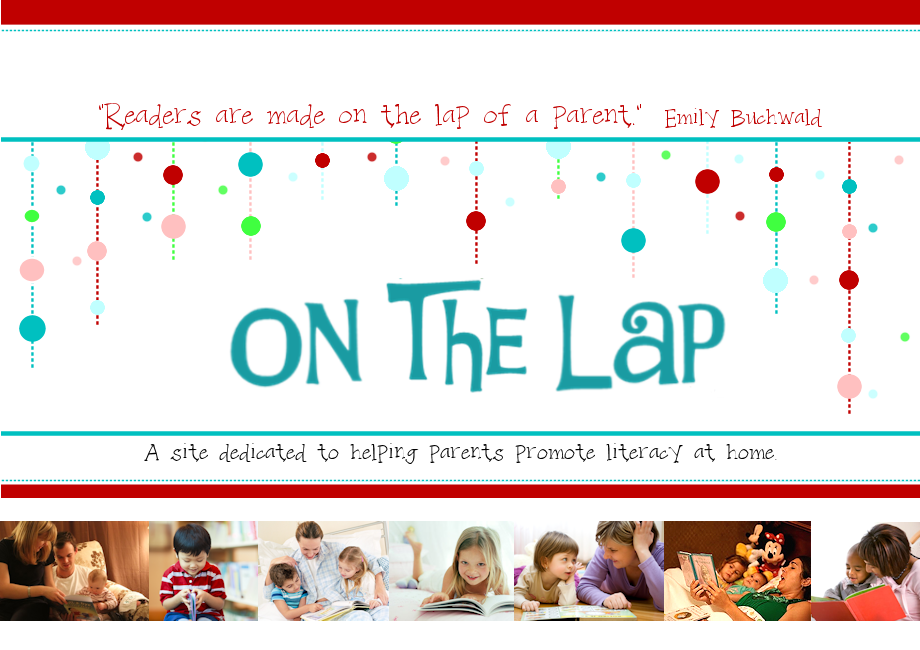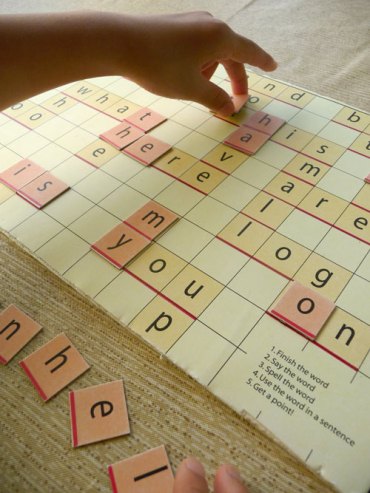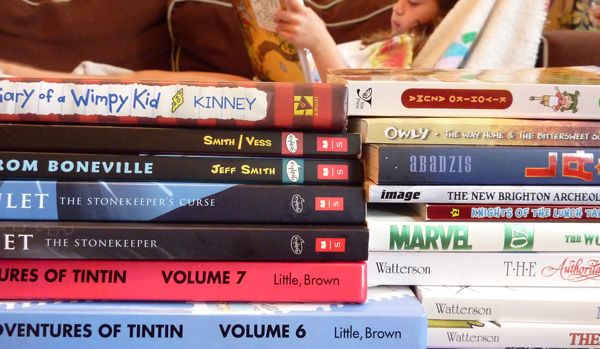Lately I have been having some great difficulty with one of my girls. She all of a sudden started refusing to read. I know its for attention - it started when the new baby was born - but it's frustrating none the less.
In my mind I was going to 'win', so to speak. I know its a battle of wills, and therefore I figured if I came out stronger, then I would win. I guess I forgot where she gets her strong will from. LOL We are now 2 months into our standoff. I have been growing very weary of this whole thing. I don't want to hold her back and redo Kindergarten. In my mind that would make me feel like a failure (I homeschool), but I can't let her move ahead if she's not willing to do the work. So, last Sunday I ran into a friend at church. She also happens to homeschool and has much more experience than me, so I thought
maybe she could help me come up with some kind of solution. I broke down in tears over the stress that had been building. She listened, without judgement, and then said to me, "Just read
to her, that way she doesn't lose what she has learned up to this point." It sounded so simple, so basic. Why hadn't I thought of that? I agreed to try it. But more importantly, I felt like a weight had been lifted off my shoulders, and I was able to see the situation a little more clearly.
It's been one week since that conversation. Not only am I reading to her, but I realized if I use my finger to point out the words I'm reading, she will at least follow along visually. At times I will find her looking at books, and sometimes she will ask me what something says. Usually it is a word that is way above her phonics level. I answer her, with the hopes that maybe she is reading silently to herself, even if she won't read to me yet. I've decided to back off on trying to get her to read, at least for a little while. After all, I don't want her to end up hating reading.
If you find yourself in a similar situation, I encourage you not to get discouraged. Don't let it become a battle of wills. The biggest lesson I've learned through all of this is to just love your child through it. And read to them, so they will someday learn to love reading too.











